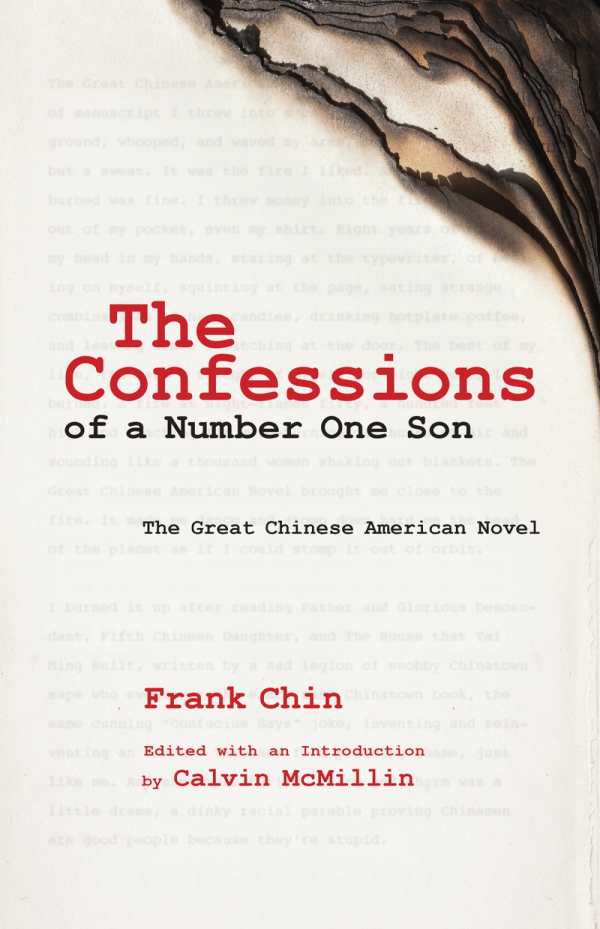The Confessions of a Number One Son
This saga mixes humor with confused identity and unrealized dreams, to convey a message about the damage people of color have endured because of racial prejudice.
Frank Chin’s The Confessions of a Number One Son: The Great Chinese American Novel chronicles the colorful but troubled life of aspiring writer Golford Tam Lum. Reality and imagination fuse in this densely layered tale.
Chin, a Chinese American and critic of racial stereotyping in popular culture, writes plays and short stories. His novel, written in the 1970s, has been restored for publication by Calvin McMillin.
After a disjointed childhood and unconventional early adulthood in northern California, Golford escapes to the Hawaiian island of Maui, where the primary plot unfolds. Haunted by memories, Golford settles into a rented room and agrees to ghostwrite the memoirs of the last white actor to play Charlie Chan.
Chin’s idiosyncratic writing depicts an era rich in nonconformity and overindulgence. During one of their riotous evenings, Charlie Chan tells Golford about the sexual escapades of his daughter Lily, who recently became Golford’s lover. Chin writes, “Charlie Chan shouted and laughed gobs of breath. His laughter sounded like a roast beef being pounded with a hammer.”
In a more contemplative mood, Charlie Chan talks about giving up on his creative aspirations. Chin writes sensitively about the frustration both men feel as they try to achieve success. Charlie Chan says, “You just face up to the fact that either you have had your day already and it’s gone or there just isn’t a day with your name on it on the calendar.”
A spontaneous mix of reality and fantasy in this book contrasts with the underlying message about the damage people of color have endured because of racial prejudice. Golford’s efforts to help Charlie Chan reinvent himself is an effective metaphor for the unfortunate consequences of white actors unrealistically portraying Chinese characters. Chin’s unique characters, with names like Gravelly Lake Ponders and Lily, the forty-three-year-old ex-nun, interact with convincing craziness. However, overly long narrative passages fail to sustain interest.
The Confessions of a Number One Son offers a nostalgic look back for those interested in the social and cultural concerns of the 1970s.
Reviewed by
Margaret Cullison
Disclosure: This article is not an endorsement, but a review. The publisher of this book provided free copies of the book to have their book reviewed by a professional reviewer. No fee was paid by the publisher for this review. Foreword Reviews only recommends books that we love. Foreword Magazine, Inc. is disclosing this in accordance with the Federal Trade Commission’s 16 CFR, Part 255.

